
By Godwin Obi
The Nigerian Ports Authority (NPA) has promised to revive the long-neglected Eastern Ports to boost Nigeria’s economic diversification and unlock opportunities in shipbuilding, repairs, and other blue economy ventures. According to a statement by the General Manager of Corporate and Strategic Communications, Ikechukwu Onyemekara, the Managing Director of NPA, Dr. Abubakar Dantsoho, is focused on improving ship traffic to the Eastern Ports and making them fully functional.
For years, ports in Port Harcourt, Onne, Warri, and Calabar were left underused despite their closeness to key markets, while Lagos carried more than 90 percent of the country’s cargo traffic. Dantsoho’s leadership is changing this trend by repositioning the Eastern Ports as competitive gateways that can reduce turnaround times, cut transport costs, and connect industries in the South-East and North-Central to global trade.
To show his commitment, Dantsoho has been touring the Eastern Ports to attract investments, which have already started yielding results. On July 31, 2025, the Nigerian-owned vessel MV Ocean Dragon berthed at Onne’s West African Container Terminal, a major sign of renewed activity. The vessel, with a 349 TEU capacity, will serve routes across West, Central, and Southern Africa, boosting Nigeria’s role in intra-African trade.
NPA has also introduced new tariffs since March 2025, aligned with its 25-year master plan that emphasizes automation, sustainability, and security. Partnerships are being expanded as well, with companies like Hapag-Lloyd launching weekly services at Onne, while agencies such as the Nigeria Customs Service are collaborating on 24-hour operations to fast-track cargo clearance. These efforts are already paying off, with service boat tonnage rising by 129 percent in 2024 and larger ships calling at Eastern Ports more frequently. Based on this momentum, NPA projects a revenue increase from ₦894.86 billion in 2024 to ₦1.28 trillion in 2025, with significant contributions expected from the East.
Massive investments are underway, including the $2.9 billion Onne Port Expansion, the largest port project in Africa in a decade, and the construction of a 6,000-metric-ton bitumen tank in Rivers Port. NPA has also secured $1.1 billion for rehabilitation across Onne, Calabar, Warri, and Rivers, which covers dredging, road integration, and improved safety facilities. Security has been strengthened with joint patrols in the Niger Delta, reducing piracy and attracting international shipping lines back to the region.
Private investors are also showing confidence. At a recent forum, Starz Marine and Engineering Ltd. announced a $350 million Afrexim Bank loan to expand its Rivers State shipyard from 500 to 10,000-ton lifting capacity, a project expected to eliminate the need for Nigerians to travel abroad for major ship repairs.
New tugboats and other modern equipment have been deployed, cutting vessel turnaround time to just over five days. Incentives like tariff rebates and streamlined operations are encouraging shippers to use the Eastern corridors, while improved road and rail links are expected to connect the ports more efficiently to the hinterland, including the North-East.
With these reforms, Aba manufacturers, Onitsha traders, and Nnewi industrialists are expected to enjoy cheaper and faster access to markets, while Onne strengthens its role as the Gulf of Guinea’s offshore logistics hub. Port Harcourt and Calabar are also being repositioned to serve as lifelines for the South-East and links to Cameroon and Central Africa.
The NPA emphasized that all these efforts, guided by the Minister of Marine and Blue Economy, Adegboyega Oyetola, are not only modernizing infrastructure but also boosting Nigeria’s standing in global maritime trade. Stakeholders agree that Dr. Dantsoho’s rise from a corps member in NPA to Managing Director has given him the experience and passion to drive change, with many describing him as President Tinubu’s most impactful maritime appointee.
According to the Authority, the once-neglected Eastern Ports are now on the path to becoming vibrant economic engines that will play a central role in Nigeria’s maritime renaissance and wider economic growth.
ADVERTISEMENTS:








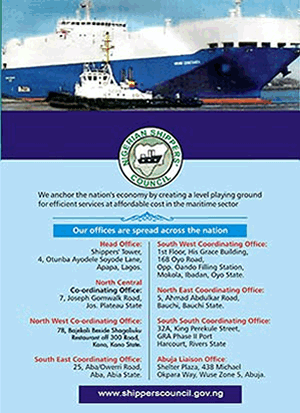


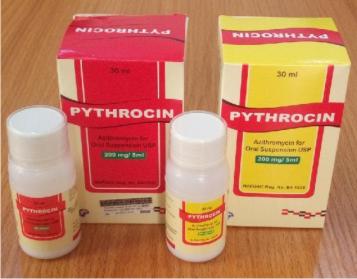
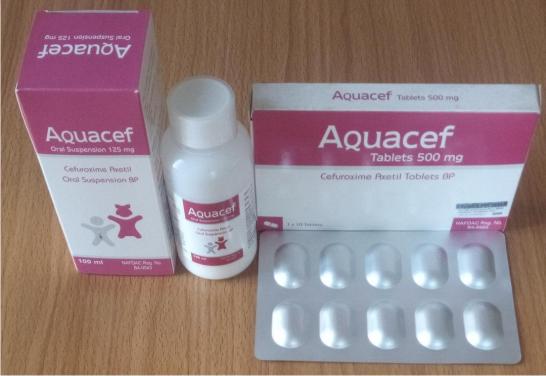
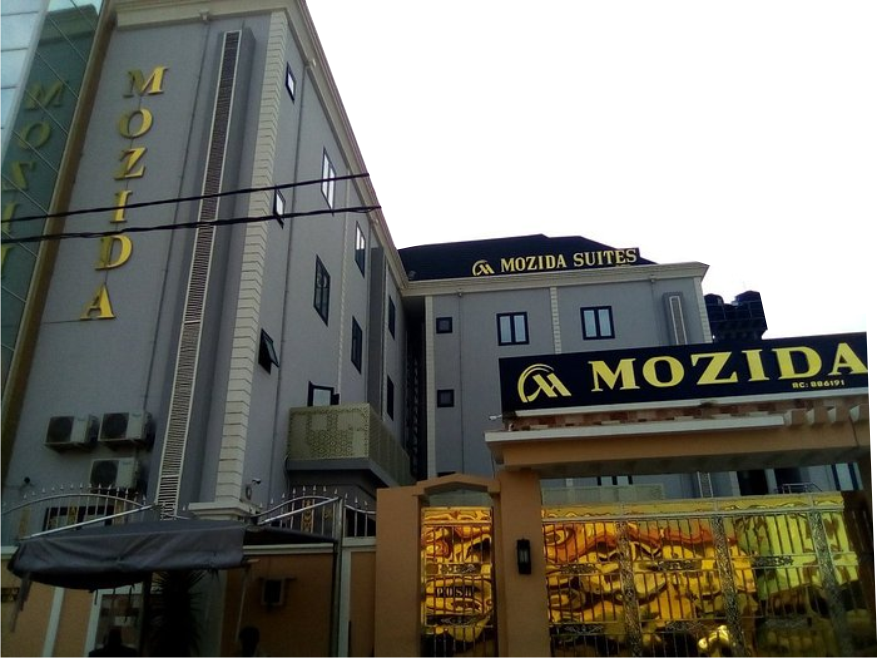


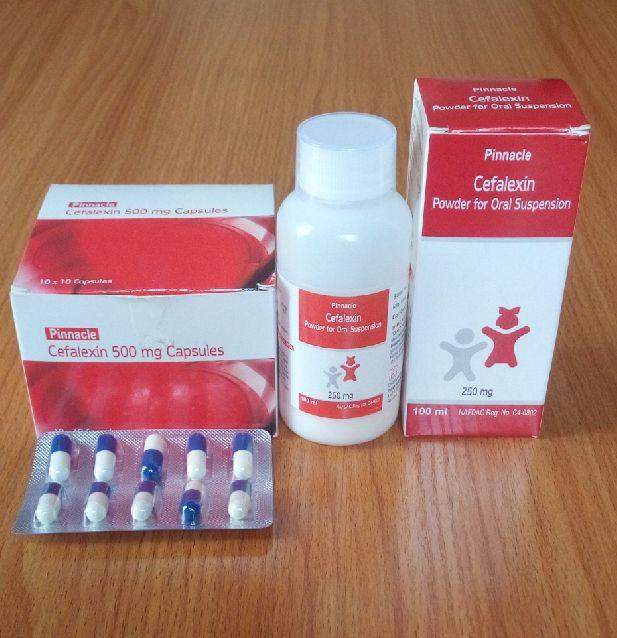

2025-08-25

